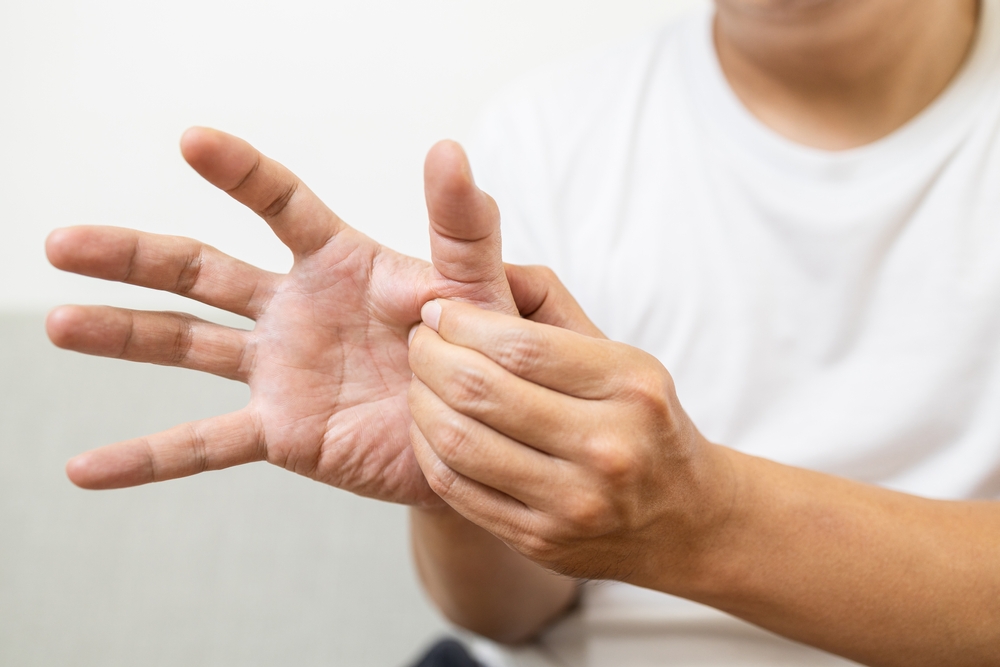Discover What Morning Knee Stiffness Could Mean For Your Joint Health
Morning knee stiffness can significantly impact your daily activities and may signal underlying joint health issues that warrant attention. Understanding the causes and implications of this common complaint helps determine when to seek professional medical evaluation and what lifestyle modifications might help manage symptoms.

Understanding Morning Knee Stiffness: Common Signs and Symptoms
Morning knee stiffness typically manifests as difficulty bending or straightening the knee upon waking, often accompanied by mild discomfort or pain. This stiffness usually improves within 30 minutes of movement but may persist longer in some cases. The sensation can range from mild resistance to severe limitation in mobility, affecting one or both knees.
Possible Causes Behind Morning Joint Stiffness
Several factors can contribute to morning knee stiffness. Osteoarthritis is a leading cause, particularly in adults over 50, where cartilage deterioration leads to joint inflammation. Rheumatoid arthritis, an autoimmune condition, can also trigger morning stiffness. Other potential causes include:
-
Previous knee injuries or surgery
-
Overuse from physical activities
-
Inflammatory conditions
-
Poor sleeping positions
-
Weight management challenges
Lifestyle Factors That Influence Knee Health
Daily habits and activities significantly impact knee joint health. Regular low-impact exercise helps maintain joint flexibility and strengthens supporting muscles. Maintaining a healthy weight reduces stress on knee joints, while proper posture and ergonomics during daily activities can prevent unnecessary strain. Adequate hydration and a balanced diet rich in anti-inflammatory foods may also help manage symptoms.
When to Monitor Symptoms More Closely
Certain warning signs indicate the need for closer attention to knee stiffness:
-
Stiffness lasting more than an hour after waking
-
Progressive worsening of symptoms
-
Accompanying swelling or redness
-
Pain that interferes with daily activities
-
Recurring episodes of joint locking
-
Difficulty walking or climbing stairs
Professional Treatment Options and Management Approaches
Treatment approaches vary based on the underlying cause and severity of symptoms. Common professional interventions include:
-
Physical therapy and targeted exercises
-
Anti-inflammatory medications
-
Joint injections
-
Lifestyle modification programs
-
Assistive devices when needed
-
Surgery in severe cases
Healthcare providers typically start with conservative treatments before considering more invasive options. They may recommend a combination of approaches tailored to individual needs and circumstances.
Cost Considerations for Knee Pain Treatment
| Treatment Option | Average Cost Range | Insurance Coverage |
|---|---|---|
| Physical Therapy | $50-150 per session | Often partially covered |
| Joint Injections | $300-2000 per injection | Usually covered with pre-approval |
| Knee Braces | $20-300 | May be covered with prescription |
| Surgery | $15,000-50,000 | Typically covered with pre-approval |
Prices, rates, or cost estimates mentioned in this article are based on the latest available information but may change over time. Independent research is advised before making financial decisions.
Morning knee stiffness, while common, should not be ignored as it may indicate underlying joint health issues requiring attention. Early intervention and appropriate management strategies can help maintain mobility and prevent progression of joint problems. Regular monitoring of symptoms and open communication with healthcare providers ensures optimal management of knee health.
This article is for informational purposes only and should not be considered medical advice. Please consult a qualified healthcare professional for personalized guidance and treatment.




